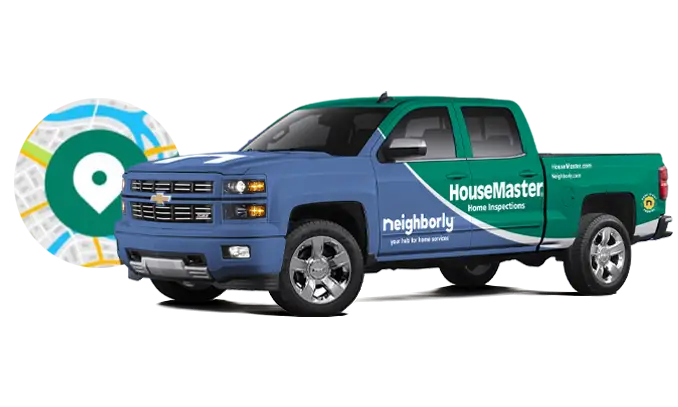
HVAC systems are an investment, and most homeowners do their best to get the most out of them. However, the life expectancy of HVAC systems can vary and will depend on various factors.
The wide range in life expectancy for HVAC systems is about 10-30 years, with the average homeowner getting about 20 years out of the unit. Although there is no definitive number, homeowners should be aware of the factors that influence its lifespan to ensure it lasts.
What Does HVAC Stand For?
HVAC stands for heating, ventilation and cooling system, and represents a wide range of units that regulate temperature within a home or commercial building. HVAC systems regulate both heating and cooling and represent a large umbrella of units.
There are many reasons why HVAC systems are an integral part of your home or business, especially with drastic changes in weather. Some of its advantages are as follows:
- Improves air quality
- Regulates temperature
- Reduces humidity
- Ventilation
Types of HVAC Systems
Since HVAC covers a broad range of heating and cooling units, the type of HVAC system you have will have a big impact on its longevity.
The most common types of HVAC systems are furnaces, air conditioners, boilers, heat pumps, split systems, and ductless mini splits. Each type will have its own maintenance requirements and lifespans.
Furnaces
Furnaces are heating units that will last up to 30 years with regular maintenance, but much less time without maintenance. Furnaces have been heating homes and businesses in the colder months for decades.
Air Conditioners
Air conditioning units can last about 10-15 years, sometimes up to 20. New central air conditioning units have a good decade before homeowners have to begin to think about their replacement, but watch out for certain signs your unit is nearing the end of its lifespan such as strange sounds, smells or lack of airflow.
Boilers
Boilers are usually located in a home’s basement and can last up to 30 years, similar to furnaces. Just like any HVAC system, the boiler needs to be regularly cleaned and maintained.
Heat Pumps
Heat pumps last 15-20 years, but homeowners will likely need to replace it sooner than that due to declining efficiency as it ages. Heat pumps are unique because they can be used to both heat and cool.
Split Systems
Split systems contain both indoor and outdoor units. Central air conditioners that are split into two parts are ideal for use in large homes or office buildings. Split systems last about 20 years.
Ductless Mini Splits
Ductless mini splits are HVAC systems that don’t use ducts, which eliminates duct issues like leaks that other HVAC systems face. They can last up to 20 years as well.
Factors That Impact Longevity of HVAC Systems
To get as many years as possible out of your HVAC system, follow a few simple steps. Firstly, maintaining your HVAC system is imperative to making it last. The quality of installation and quality of the unit play big roles too.
Changing your air filter every 90 days or so will contribute to keeping your system running efficiently, in addition to checking for buildup around the coils. Keep the area around your HVAC system clean, cutting grass and weeds around it to allow for proper air circulation. Using a programmable thermostat is another factor that will impact its longevity.
Units that constantly run won’t last as long because they’re working overtime and putting strain on the unit. Regulating run time with a programmable thermostat will not only protect the lifespan of the unit but save money on energy bills as well.
Preventative maintenance on your heating and cooling system could make the unit last many years more. Research the particular make and model of the unit and take the necessary maintenance steps each year to ensure your unit is being well taken care of.
HouseMaster Serving Harrisburg and Lebanon Home Inspections: HVAC Systems
During a home inspection, your local home inspectors will inspect the visible components of central air conditions systems or heat pumps, including condensers and air handlers. We will operate the system to assess function and condition of the indoor and outdoor components of the unit. We also look at the distribution ductwork and system.
When buying or selling a home, the heating and cooling systems are an integral part of the overall operation network of the home. We will do our job to report the most accurate findings about your unit to ensure a smooth and efficient real estate transaction.
Harrisburg home inspectors Dan Ayers and Scott Ayers, like all Housemaster home inspectors, have extensive training and certifications and are tested annually to meet the industry standards of continuing education, inspection, reporting, and customer service. As part of the oldest and most trusted nationwide home inspection business, Dan and Scott have been able to put their decade long experience in fire and water property restoration and their passion for customer service to good use in the professional home inspection process. Request an inspection today!
